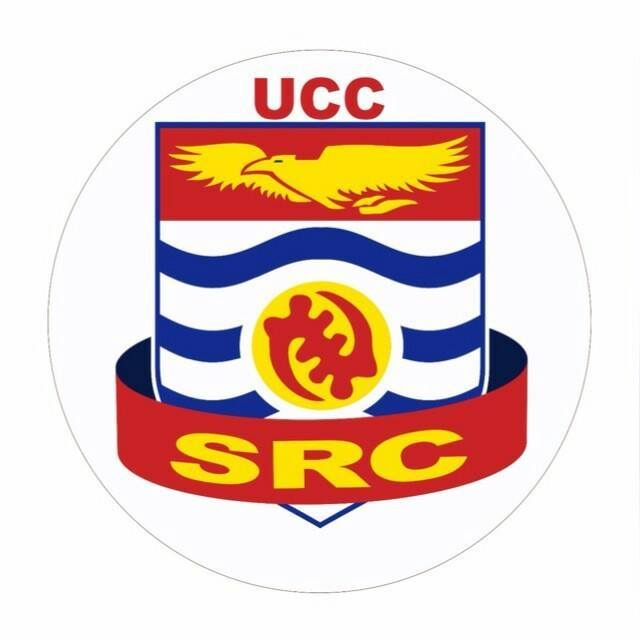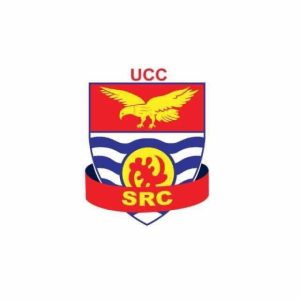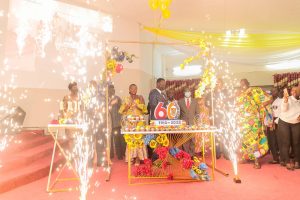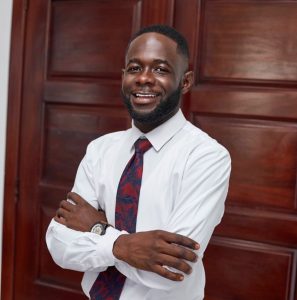According to John C. Maxwell, “Leadership is Influence.” This definition of leadership is simple, straightforward and places leadership within everyone’s reach. This means that all of us can exercise a certain degree of influence on other people wherever we find ourselves.
Leadership is not and must not be limited just to titles and positions. It’s about one’s life influencing another. At the student level, there are quite a number of portfolios which students contest for each and every year in order to exert some influence. My major concern here is whether our current crop of student leaders positively influence the people they’re leading.
Despite the numerous unfeasible promises these student leaders make when campaigning for votes, most if not all, end up proving that our current student leadership has lost its relevance, and this occurs immediately after getting to the realm of affairs.
Gone were the days when student leaders in Ghana fought bravely, smartly and strategically for the improvement of the conditions of the ordinary Ghanaian student. The question to ask is why has the narrative changed. The loss of relevance can be attributed but not limited to the following factors that would be discussed in the subsequent paragraphs, but before that, take me back to the days of the Pan-Africanist movement.
Take me back to the days of the West African Students Union (WASU). And I could see Ladipo Solanke, Herbert Bankole-Bright, J. B Danquah, J. E Casely Hayford, Kwame Nkrumah, and others, fighting for the interest of the African Student wherever they found themselves. This was what later developed into the formation of political parties that rescued Africa from Colonization. The question again is what changed in our student leadership today.
In view of the realization of the power of students in development, all ACTs that establishes tertiary institutions in Ghana automatically makes provision for a representative of the Student’ Representative Council (SRC) to be a member of the Schools Governing Council, which is the highest decision making body of the schools. Drawing spirit from the Commonwealth Student Association publication in October 2016, not in many words, it concluded that, Student leaders are key in any nation’s development in all sectors of governance and more uniquely, the educational sector. This therefore mandates all Commonwealth nations, including Ghana, to consult and engage students in any developmental agendas to ensure youth participation and inclusive national development.
Upon assuming power, student leaders mostly tend to see their “little authority” to be mightier than whatever authority or power other students and even some lecturers have. This feeling may be intentional or otherwise, depending on the various student leaders, and the philosophies they employ in ruling their colleagues. Such assumptions can be easily made by many student leaders, and that can easily make many of them be disliked by the students they are leading. It is true that once you are in office, you wield some level of power and get in touch with higher authorities than any other student could but that must lead to positive results for the students.
Without committing the logical flaw of haste generalization, I will enlist some factors that has made the Students Representative Council of the University of Cape Coast a quiet irrelevant organization that needs a house cleaning, if some executives will see this article as a cogent scheme for reassessment and evaluation, more than a mischievous attempt to lash the SRC instead of giving it a candy for no work done. To limit the scope of this write-up, issues will be raised to explain why the Students Representative Council of the University of Cape Coast (UCC-SRC), has lost it essence of standing for what students really need, but make great strive for less relevant matters.
The main reason why we can call ourselves students of our noble University is because the University has made us an offer to pursue advanced education. Hence, the main reason why students are in school is to study. Any other activity is therefore a subsidiary to the substantive reason of coming to pursue a higher level of education. To achieve this objective of obtaining knowledge, other factors comes to play such as access to better practical lessons, opportunity for students to broaden their scope of learning, and helping management implement decisions that make the acquisition of higher education simple for student. These are some of the relevant things SRC should be aiming at achieving.
Looking at the current state of educational activities that take place in our University, we can say that much more work needs to be done. The practical aspects of our academic work is poor. To verify the truth of this matter, take a tour to our science laboratories on campus and one will notice the grave challenge in our science labs. As students to laboratory devices ratio continue to be unparalleled, science education continues in our beloved University, each and every year.
What knowledge are we giving to our students? As various Technical Universities, and Universities continue to produce hand sanitizers in aid of combating Covid-19, due to the inefficiencies in our Science Laboratories, our University is silent. Is this a new development? NO! We have an SRC which should be championing for more laboratory equipment and other practical devices to improve practical education, but because of the state of its irrelevance, Science and other practical education are just names in our University. When are we seeing a true advocacy for an improved situation in our science and other practical education?
In almost every academic year, new academic programmes of study are introduced in our University. As to whether the University has the wherewithal to introduce such a prorgamme is a question to management. But what role has the SRC to play in this? The answer is “Many”. When students are admitted to read these new prorgammes or courses, the issue is whether or not academic materials are available and enough to aid these students in their academic quest. Walk through our main library and other smaller libraries in the University and one will note that some courses have very limited access to academic materials. This makes life difficult for students as they cannot gain access to the book the lecturer has recommended in class. When this happen, academic work becomes as irrelevant as the office of the SRC since the SRC do not think about these things, lest to advocate for better condition.
The extent of the irrelevance of the SRC can be talked about over and over. As there is no hope in sight that our SRC will grow to be more relevant, let’s look at what the office of the Students Representative Council of the University of Cape Coast has been reduced to.
Over the years, issues that have caught the attention of the SRC is about the normal basic struggle for things such as toilet rolls, SRC Lacoste, exercise books, SRC Fun night, SRC Week, SRC Movie night, SRC Dinner, and other works that suggest the SRC as an extension of the Metro Mass Transit Company Limited and the Directorate of Public Affairs for the University.
Quiet recently, the outbreak of the Covid-19 in Ghana called for a suspension of all academic activities at all levels of education in Ghana. As a measure to not truncate or alter the academic calendar of the various tertiary institutions, E-Learning platforms have been put in place by most tertiary institutions to make up for the lack of physical contact hours. Till date, there has not been an update from the UCC-SRC to their students on what the fate of the students is going to be. The reason is simple. Without the Directorate of Public Affairs or Directorate of Academic Affairs issuing a press release, the UCC-SRC is just a sleeping dog.
Most final students of the University of Cape Coast are confused as to their fate in this academic semester. Are we going to graduate? Has or is a change going to be made to the academic schedules? How far with our project work, amongst other? These and many other questions flood the minds of students. The UCC-SRC Executives who are made up of most final year students seem unconcerned about the matter, when Legon, UPSA, and other SRC’s are showing their relevance even during this academic tough times. Our science students who have reached various stages of their Project work are worried as to what will happen to their project work since they can’t send their works through Emails, because they can only operate when they are in the laboratories. What is the UCC-SRC doing about their predicament?
It is no news that student leaders focus almost all their energy on their own agendas and by so doing neglect the problems faced by the students they are representing. On several occasions, student leaders invest a good deal of their time and energy in campaigning for their next political ambitions than diverting that good deal of time and energy to serving the people who got them into office. This ideology is what Barack Obama calls the loss of political principles.
Another reason for the failure of our student leadership is the fact that student leaders attack people rather than the problems students are facing. I know very well that student leadership is not all sunshine and rainbows. There will be problems, which could be in the form of a conflict, a loss or anything else. What we mostly observe is the pointing of fingers and the card of blame whenever problems crop up.
With respect to this, the biggest remedy is for SRC executives to never make a conscious effort to push the blame on anyone, and instead reflect on how they could have been involved in the problems and what they could do to prevent such problems from happening in the future, and move along from the problems instead of dwelling on them. What this article has done is to call for a revival in our SRC, and that is our contribution to finding a solution to our problem.
As we look forward to see the best of UCC-SRC leadership in the coming years, let this serve as a guide to upcoming aspirants. UCC-SRC is for all students, and all students look forward to results and not complains.
Source: Michael Ofori, Edmond Kofi Gunu & Bright Buernor Kpalam










